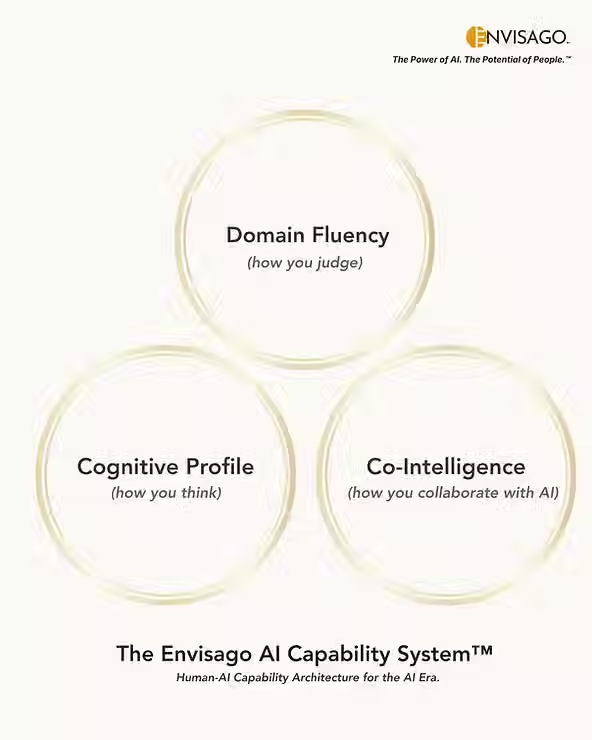The Heart of Leadership in Guiding Organisational Change
- Janine Dormiendo
- Sep 11, 2024
- 3 min read

The role of leadership in guiding organisational change is absolutely crucial. Effective leadership transcends the routine management of daily operations; it involves envisioning a future that inspires others and orchestrating thoughtful change. Leaders act as catalysts for transformation, meticulously shaping strategies and cultivating cultures that enable their organisations to adeptly navigate complex transitions. Their pivotal role is essential in ensuring that adaptations are successful and growth is sustainable, marking leadership as a fundamental element in the resilience and longevity of any organisation.
The Essence of Leadership in Change Management
Leadership within the context of organisational change is both multifaceted and dynamic. It goes beyond simply directing teams—it profoundly influences the entire course of an organisation’s evolution. This kind of leadership requires deep empathy and understanding, a commitment to equity, and a dedication to fostering environments where all voices are heard and valued, particularly those that have been historically marginalised. This approach not only facilitates change but also enriches it, ensuring that the organisation’s path forward is both inclusive and forward-thinking.
Defining the Role in Change
At its core, leadership in change management is about setting a vision and direction for the future. Leaders must identify the need for change, articulate a clear and compelling case for it, and develop a strategic roadmap to achieve it. They are tasked with mobilising the entire organisation towards this new direction, balancing the often competing demands of managing current operations while driving transformation.
Impact on Organisational Success
The impact of a leader during periods of change is profound and directly influences organisational success. Effective leaders cultivate trust and confidence, fostering a culture that values agility and adaptability. Their pivotal role in mitigating resistance to change—by engaging and empowering their teams—ensures that the organisation does more than just survive; it thrives amidst new and often challenging conditions. Their adeptness in navigating the complexities of change is crucial in enabling the organisation to seize new opportunities and sustain its competitive edge. Such leaders understand that successful change management is inherently inclusive, ensuring that every voice is heard and every contribution is acknowledged, thereby strengthening the organisation as a whole.
Key Traits of Effective Change Leaders
Leaders who effectively drive organisational change share certain key characteristics that enable them to guide their teams through the transformation successfully.
Essential Leadership Characteristics
Visionary Thinking: Effective leaders in change management possess a clear and compelling vision for the future. They look beyond the current circumstances, envisioning the potential that lies ahead and articulating this vision in a way that not only inspires but also motivates their team. This foresight is crucial for steering the organisation towards new horizons and encouraging a collective movement forward.
Strong Communication Skills: These leaders are masters at articulating their ideas and strategies. They excel in listening to their teams' feedback, crucial for refining their approach and ensuring everyone is on the same page. This ability to communicate effectively ensures that all members of the organisation understand the vision and their role in realising it, thereby fostering alignment and collaboration.
Empathy and Emotional Intelligence: Recognizing and understanding the human aspects of change is essential. Leaders who exhibit empathy are better equipped to assess their team’s reactions to changes, address their concerns effectively, and provide the necessary support during transitions. This emotional intelligence is vital for maintaining team morale and motivation through the ups and downs of change.
These characteristics are integral to how change is managed and perceived within an organisation. Visionary leaders articulate a future that excites and engages their team, making the change more compelling. Effective communication reduces misunderstandings and strengthens trust. Empathy allows leaders to connect with their teams on a more personal level, fostering a supportive environment that eases the transition process. Together, these traits create a dynamic leadership style that effectively guides organisations through change, ensuring that changes are not only implemented but embraced.
Conclusion
Leadership in change management extends far beyond simply guiding teams—it’s about crafting a vision for the future and inspiring others to actively participate in this journey. By embodying visionary thinking, strong communication skills, and deep empathy, leaders can expertly guide their organisations through the complexities of change and pave the way for sustained success.
Ready to lead your organization through transformative change? Let's work together! Book your FREE leadership consultation here and start guiding your organisation to sustained success.
.png)



Comments